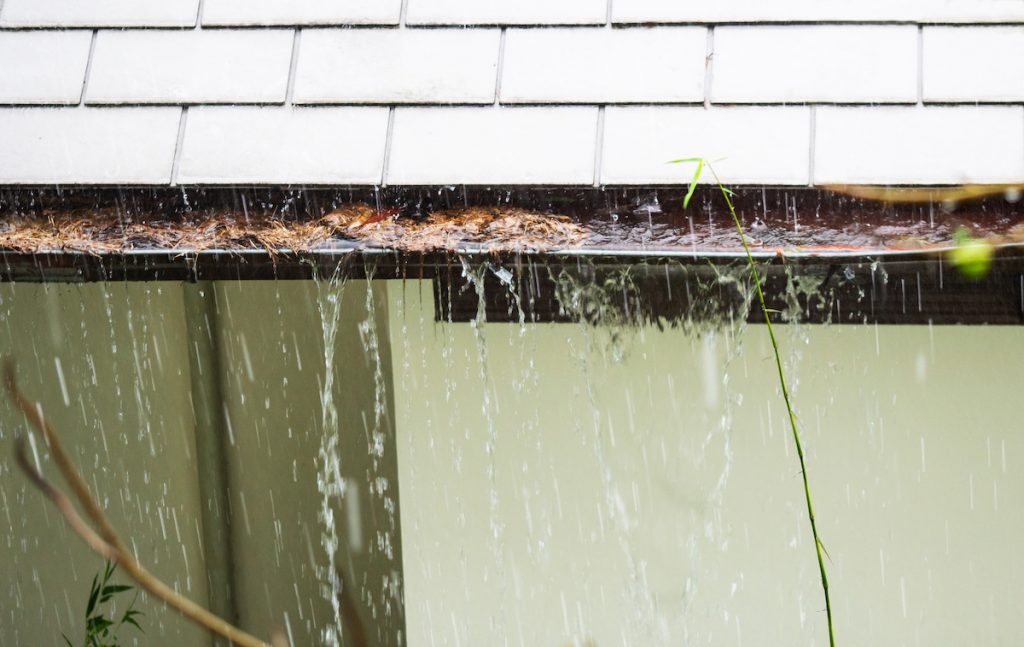Tips for the Six Most Common Causes of Water Leaks in Residential Spaces
Tips for the Six Most Common Causes of Water Leaks in Residential Spaces
Blog Article
How do you feel about How to detect water leaks in your home?

Leakages not only create waste of water but can also trigger unnecessary damages to your house and also promote unwanted organic development. By looking and understanding for everyday scenarios that trigger leakages, you can secure your home from future leakages and also unnecessary damages.
Immediate temperature modifications.
Extreme temperature level modifications in our pipes can create them to broaden and also acquire unexpectedly. This development and tightening may create fractures in the pipelines, particularly if the temperature level are below freezing. If you maintained an eye on how your plumbing functions, it would certainly be best. The existence of the formerly discussed conditions often shows a high risk.
Rusty water supply
As time passes by, your plumbing system ages as well as corrosion such as rust may begin gnawing the pipes. This may be the root cause of staining or warping on your pipes. This asks for an evaluation with your plumber quickly. If our plumbing system is old, consider replacing the pipelines given that they are at a greater danger of corrosion than the newer versions.
Malfunctioning Pipeline Joints
The factor at which your pipelines attach is regularly the weakest web link in the waterline. Pipeline joints can deteriorate over time, resulting in water leakages. However, most of pipeline joints are not easily noticeable. If you have noisy pipes that make ticking or banging noises, especially when the hot water is turned on, your pipeline joints are possibly under a lot of pressure. It is advisable to have your plumber inspect your system once a year.
Elbowing in origins
A lot of water leaks start outside the house as opposed to inside it. If you see an abrupt decline in water stress, state in your tap, take time to head out and also examine your yard. You might notice damp spots or sinkholes in your lawn, and that could indicate that tree roots are getting into water lines causing water to permeate out. You can have your plumber look for invasion, especially if you have trees or hedges near your property.
Poor Water Connectors
At times, a leakage can be triggered by loose tubes as well as pipelines that provide your appliances. In situation of a water connections leak, you may observe water running straight from the supply line or pools around your devices.
Blocked Drains
Blocked drains pipes could be aggravating as well as inconveniencing, yet they can sometimes wind up causing an overflow resulting in break pipelines. Maintain eliminating any type of products that may decrease your drains pipes that might clog them to avoid such aggravations.
All the above are root causes of leakages however not all water leakages result from plumbing leakages; some leakages could originate from roofing leaks. All leaks should be fixed instantly to avoid water damage.
Leakages not only create waste of water but can likewise cause unneeded damage to your home and advertise unwanted organic development. By looking as well as recognizing for everyday scenarios that trigger leaks, you can secure your residence from future leaks and unnecessary damage. Today, we will look at six leakage triggers that might be causing your pipes to drip.
At times, a leak can be caused by loose hose pipes as well as pipelines that provide your devices. In instance of a water links leakage, you might see water running straight from the supply line or puddles around your appliances.
How To Check For Water Leak In Your Home
How To Check for Leaks
The average household's leaks can account for nearly 10,000 gallons of water wasted every year and ten percent of homes have leaks that waste 90 gallons or more per day. Common types of leaks found in the home are worn toilet flappers, dripping faucets, and other leaking valves. These types of leaks are often easy to fix, requiring only a few tools and hardware that can pay for themselves in water savings. Fixing easily corrected household water leaks can save homeowners about 10 percent on their water bills.
To check for leaks in your home, you first need to determine whether you're wasting water and then identify the source of the leak. Here are some tips for finding leaks:
Take a look at your water usage during a colder month, such as January or February. If a family of four exceeds 12,000 gallons per month, there are serious leaks.
Check your water meter before and after a two-hour period when no water is being used. If the meter changes at all, you probably have a leak.
Identify toilet leaks by placing a drop of food coloring in the toilet tank. If any color shows up in the bowl after 10 minutes, you have a leak. (Be sure to flush immediately after the experiment to avoid staining the tank.)
Examine faucet gaskets and pipe fittings for any water on the outside of the pipe to check for surface leaks.
Undetected water leaks can happen without the home or business owner even realizing. If you suspect a water leak, but not able to find the source. It is time to contact a professional water leak detection service, The Leak Doctor.
How To Find a Water Leak In Your Home
https://www.leakdoctor.com/blog/How-To-Check-For-Water-Leak-In-Your-Home_AE197.html

Do you like more info about How to Find Water Leaks? Try to leave feedback directly below. We will be interested to hear your ideas about this blog. We hope that you visit us again in the near future. Make sure you take the opportunity to share this blog posting if you enjoyed it. We enjoy reading our article about Top Causes of Home Water Leaks.
Schedule Service Report this page